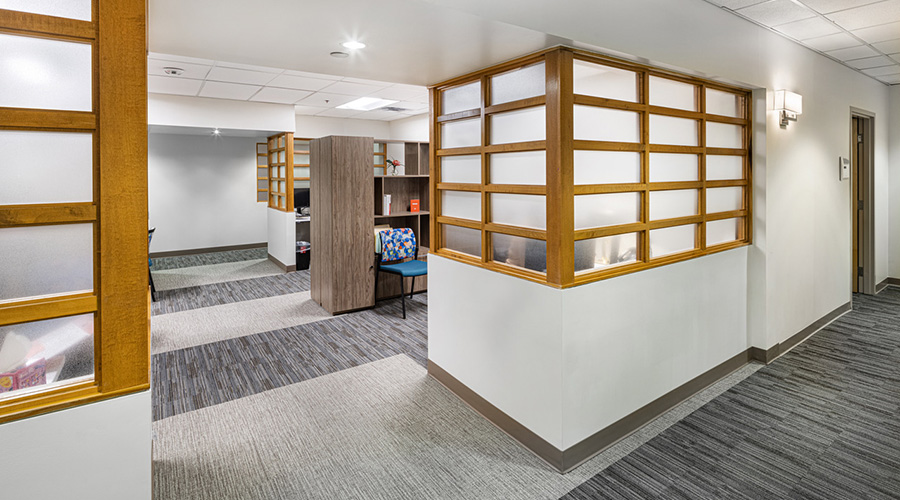St. Mary’s Health System and Central Maine Healthcare experienced cyber incidents that disrupted patient care, according to centralmaine.com. St. Mary’s Health System took all its data systems offline on May 26 due to the breach, affecting both the Lewiston facility and St. Jospeh Healthcare in Bangor. The following week, Central Maine Healthcare shut down its network servers and phone systems after detecting unusual activity.
Both systems reported that most of their services have since resumed, though phone issues and communication delays have continued, according to centralmaine.com.
Cyberattacks continue to be threats to healthcare facilities and their operations. As the number of these incidents continues to grow, public trust and confidence in healthcare organizations will take a hit.
Related Content: Third-Party Vendors and Networks Pose Risks for Healthcare Cybersecurity
As a result of the cyber incidents that occurred in Maine, patients reported canceled appointments, delayed or unavailable test results, unfilled prescriptions and difficulty reaching providers, according to centralmaine.com. The affected hospitals also had to temporarily rely on paper charts, and staff had to manually collect medical histories. Because of this, some patients were left waiting for critical diagnoses and medications.
Providing a seamless care experience for patients is the goal of every healthcare facility, and disruptions endanger that core mission. As such, ensuring the continuity of care even during downtime is critical for facility managers to do. This can be accomplished by implementing plans and policies beforehand for disruptions and the downtime they cause. These include switching to manual record keeping processes and backing up important data regularly.
By having plans in place to address disruptions, healthcare facilities can ensure that patient care continues uninterrupted.
Jeff Wardon, Jr., is the assistant editor of the facilities market.

 Code Compliance Isn't Enough for Healthcare Resilience
Code Compliance Isn't Enough for Healthcare Resilience Ribbon Cutting Marks First Phase Completion for New Montefiore Einstein Facility
Ribbon Cutting Marks First Phase Completion for New Montefiore Einstein Facility Brooks Rehabilitation Launches 3 New Major Construction Projects
Brooks Rehabilitation Launches 3 New Major Construction Projects Joint Commission Standards: What Updates Matter Most?
Joint Commission Standards: What Updates Matter Most? Swinerton Completes Construction at Atlanta's Grady Hospital
Swinerton Completes Construction at Atlanta's Grady Hospital